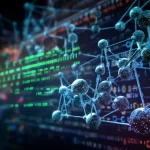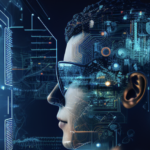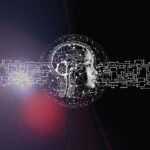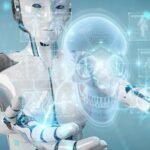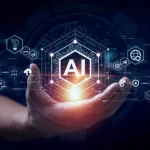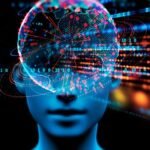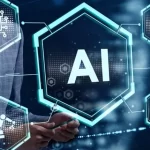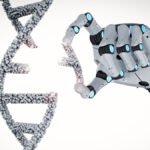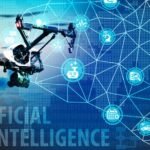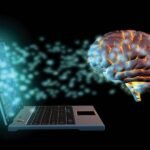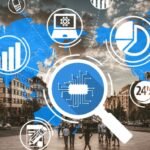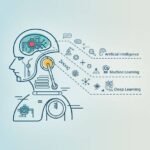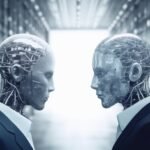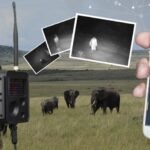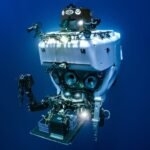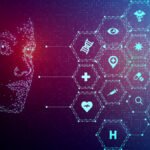AI Ethics and Responsible Innovation
/ /
Artificial Intelligence (AI) has emerged as a powerful and transformative technology, revolutionizing various aspects of our lives. As AI continues to evolve and permeate different sectors, it is crucial to prioritize ethical considerations and responsible innovation. In this blog, we will explore the significance of AI ethics, the challenges it poses, and the steps needed to ensure responsible AI development and deployment.
- Understanding AI Ethics: AI ethics involves the principles, values, and guidelines that govern the development and use of AI systems. It addresses concerns related to fairness, transparency, accountability, privacy, bias, and the societal impact of AI technologies. Ethical considerations in AI aim to ensure that AI systems are developed and used in a manner that benefits individuals and society as a whole.
- Bias and Fairness in AI: AI systems are susceptible to bias, reflecting the biases present in the data they are trained on or the biases of their creators. This bias can result in discriminatory outcomes or reinforce existing inequalities. To address this, developers must strive for fairness, actively identify and mitigate bias, and ensure diverse representation in both data and the development process.
- Transparency and Explainability: Transparency and explainability are crucial for building trust in AI systems. Users and stakeholders should have a clear understanding of how AI systems work, their decision-making processes, and the factors that influence their outcomes. Promoting transparency and explainability in AI can help users understand and challenge decisions, detect biases, and foster accountability.
- Privacy and Data Protection: AI systems rely on vast amounts of data, raising concerns about privacy and data protection. Organizations must prioritize data privacy by implementing robust security measures, obtaining informed consent for data usage, and ensuring compliance with relevant regulations. Anonymization techniques and privacy-preserving algorithms can be employed to minimize the risks associated with personal data usage.
- Accountability and Responsibility: AI systems should be designed with accountability and responsibility in mind. Developers and organizations must be accountable for the actions and decisions made by AI systems they create. Clear guidelines and policies are needed to establish responsibility, allocate liability, and determine mechanisms for addressing the unintended consequences of AI technologies.
- Human-Centric AI: Human-centric AI emphasizes the importance of human values, well-being, and agency in the design and deployment of AI systems. AI should augment human capabilities, respect human rights, and empower individuals rather than replacing or marginalizing them. Ensuring human oversight and control over AI systems is essential to prevent unintended or unethical outcomes.
- Collaboration and Multidisciplinary Approaches: Addressing AI ethics requires collaboration between technology developers, ethicists, policymakers, and other stakeholders. A multidisciplinary approach is necessary to consider diverse perspectives, anticipate potential risks, and establish ethical guidelines. Ongoing dialogue, knowledge-sharing, and public engagement are crucial for shaping AI ethics frameworks and standards.
- Continuous Monitoring and Adaptation: AI ethics is a dynamic field, and ethical considerations need to be continuously monitored and adapted as technology evolves. Regular assessments, audits, and impact assessments should be conducted to identify potential biases, unintended consequences, and emerging ethical challenges. Organizations must remain agile and responsive to ethical issues that arise during the lifecycle of AI systems.
Posted in Blogs





